I’ve been reading Fire and Ashes, Michael Ignatieff’s account of his disastrous foray into politics, in an attempt to understand where it all went wrong for Ed Miliband. In combination with the election postmortems and interviews with the people in Miliband’s inner circle, it’s extremely illuminating.
For those unfamiliar with his story, Ignatieff is a left-wing Harvard professor who in 2004 received a surprise visit by three ‘men in black’ — high-ups in the Liberal party of Canada who sounded him out about making a run for the leadership. Beyond working on Pierre Trudeau’s campaign as a student in 1968, Ignatieff was a political virgin, but the three fixers thought that might be an asset because he wasn’t tainted by the party’s infighting or financial scandals. Ignatieff said yes and, after being elected to the Canadian House of Commons in 2006, became the leader of the opposition two years later.
He was a disaster. In the 2011 general election his party lost 43 of its 77 seats, finishing in third place, while Stephen Harper’s Conservatives won an overall majority. It was the worst result the Liberals had ever recorded and Ignatieff was the first Canadian leader of the opposition to lose his seat since 1878.
Some of his unpopularity was due to positions he’d taken before entering politics, such as supporting the Iraq war, and his status as an ‘outsider’ was less of an advantage than the three fixers had imagined, enabling his opponents to brand him as a carpetbagger who was ‘just visiting’. But his failure was also due to a series of blunders he made after he’d been installed as leader — a cack-handedness that was at odds with his reputation as a brilliant intellectual. It’s in this respect that he most closely resembles Ed Miliband.
For instance, he had no aptitude for the showmanship that is the stock in trade of democratic politics. When meeting prospective voters, he had a tendency to look at his feet and on the night he was elected to parliament he recited an obscure Hungarian poem called ‘By the Danube’. This was in spite of being told to ‘lose the poem’ by one of the men in black.
He writes: ‘It was an odd thing to read out in that noisy basement discotheque, packed with waving supporters and journalists, and almost certain to confirm the impression that I was an intellectual landed from outer space, but I didn’t mind.’ Like Miliband, Ignatieff failed to grasp the importance of first impressions in politics and how fatal it was to be branded an ‘intellectual’.
He is eventually persuaded that these trivialities matter and duly agrees to a makeover. But he doesn’t feel comfortable in his new skin. ‘I had never been so well-dressed in my life and had never felt so hollow,’ he says. Echoes there of Miliband’s awkward self-consciousness.
More importantly, Ignatieff is unable to turn the daily flow of unforeseeable events to his advantage. ‘Practical politics is no science, but rather the ceaseless attempt of wily humans to adapt to what Fortuna throws in their paths,’ he writes. ‘What we call luck in politics is actually a gift for timing, for knowing when to strike and when to bide your time and wait for a better opportunity.’
Miliband’s timing wasn’t quite as hopeless as Ignatieff’s. He leapt on the opportunity provided by the hacking scandal and some of his policy announcements, such as the ‘energy price freeze’, struck a chord. But reading accounts of Labour’s campaign, it’s astonishing how often Miliband’s timing was off. A case in point is how slow he was to categorically rule out any sort of electoral deal with the SNP, in spite of being urged to do so. Even after this became the central issue of the campaign, he continued to drag his feet, not wanting to commit to a position that might restrict his room for manoeuvre in a hung parliament. By the time he eventually shut the stable door, during the Question Time debate a week before the election, the horse had long since bolted.
Ignatieff was more inexperienced than Miliband, who has spent his entire career in politics, so his failure is more understandable. Yet that doesn’t stop him wallowing in self-pity. ‘Defeat invalidated me as a politician but also as a writer and thinker,’ he says. I expect Miliband is being even tougher on himself. Like Ignatieff, he should never have gone into politics.
Got something to add? Join the discussion and comment below.
Get 10 issues for just $10
Subscribe to The Spectator Australia today for the next 10 magazine issues, plus full online access, for just $10.


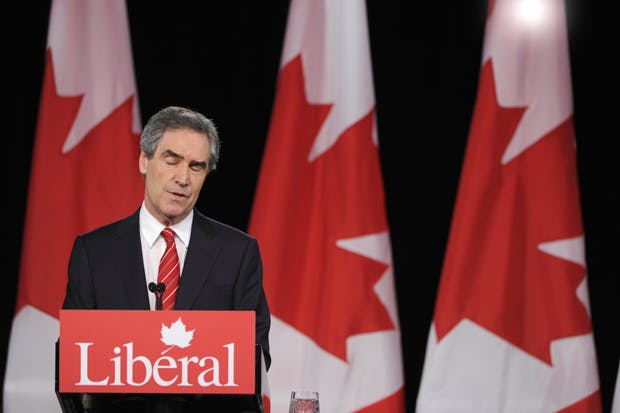
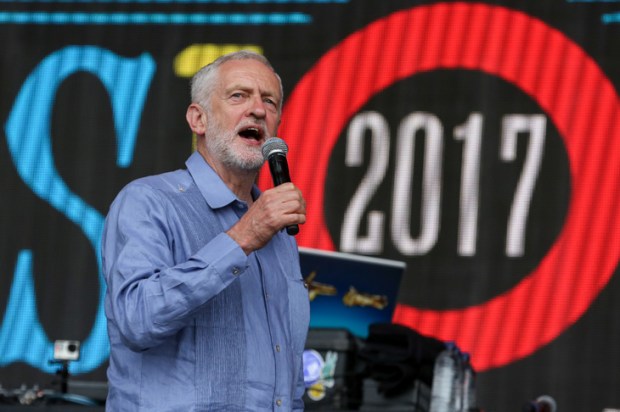
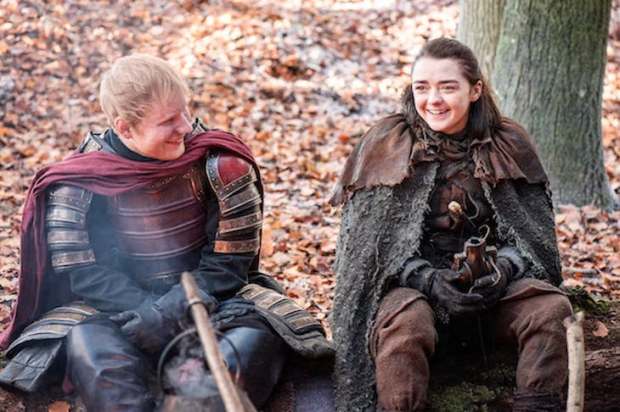

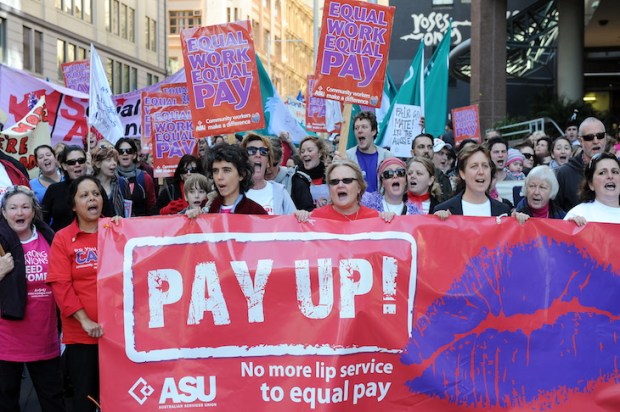

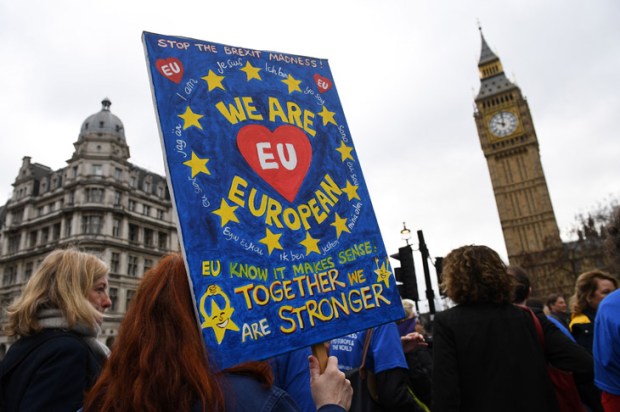






Comments
Don't miss out
Join the conversation with other Spectator Australia readers. Subscribe to leave a comment.
SUBSCRIBEAlready a subscriber? Log in